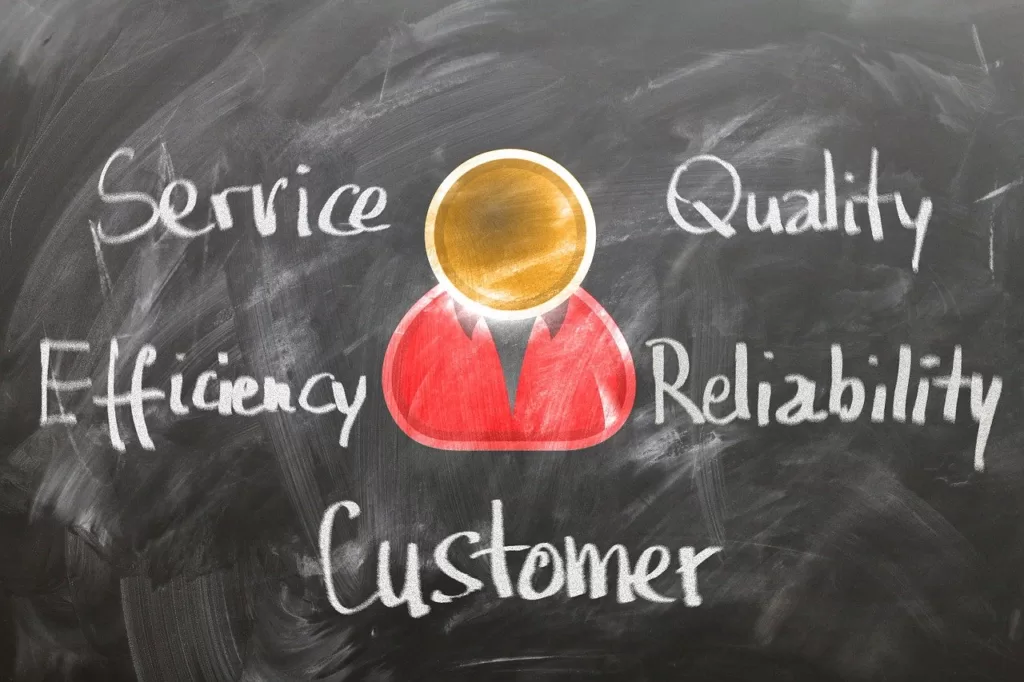Outpace the competition: Become customer-centric

In the fast-paced world of Fast-Moving Consumer Goods (FMCG), staying ahead of the competition and connecting with consumers is paramount. To do so effectively, you need more than just great products; you need a deep understanding of what resonates with your target audience. This is where concept testing becomes a game-changer for your FMCG business.
Concept testing is the secret weapon that industry giants like Procter & Gamble, Unilever, Nestlé, Lion, Coca-cola and many many more rely on to make informed decisions that lead to product success. In this article, we’ll dive deep into the world of concept testing and explore how it can revolutionize your FMCG business.




What is concept testing?
Concept testing is the systematic process of evaluating new product or marketing concepts with your target audience before you launch them into the market. It provides valuable insights by presenting potential consumers with the core ideas and features of your product or campaign, gauging their reactions, preferences, and feedback.
The Power of Concept Testing in FMCG
Minimize Risk, Maximize Success:
In the FMCG industry, where competition is fierce and consumer preferences constantly evolve, concept testing serves as your insurance policy against costly missteps. By testing your product or marketing concept, you can identify and address potential issues before they impact your bottom line. This risk mitigation can save you significant time, money, and resources in the long run.
Consumer-Centric Innovation
Concept testing places your target audience at the heart of your decision-making process. It allows you to understand their needs, desires, and pain points, and to adapt your offerings accordingly. This customer-centric approach not only boosts your product's appeal but also enhances brand loyalty and drives long-term success.
Optimized Marketing Strategies
Concept testing isn't limited to product development; it's also a powerful tool for refining your marketing campaigns. It helps you identify which messages, visuals, and channels resonate best with your audience. As a result, you can allocate your marketing budget more efficiently, increasing the ROI of your FMCG campaigns.
Faster Time to Market
Concept testing enables you to streamline your product development process. By identifying potential issues and making necessary adjustments early on, you can accelerate the time it takes to bring your product to market. This speed can be a significant competitive advantage in the FMCG industry.
Data-Driven Decision-Making:
Concept testing provides you with a wealth of actionable insights. These insights help you make informed decisions about product features, packaging, pricing, and marketing strategies.This is the key to staying ahead of the curve.
Consumer-Tested Concepts Fuel FMCG Triumphs:
Real Life Examples
When Coca-Cola was considering launching a new, calorie-free soft drink in the early 1980s, they conducted extensive concept testing. They found that consumers wanted a low-calorie drink that still tasted like regular Coca-Cola. As a result of this valuable feedback, Coca-Cola developed Diet Coke, which became a huge success and remains a popular product to this day.
Procter & Gamble conducted extensive concept testing when developing the Swiffer cleaning products. They found that consumers were looking for a more convenient and effective way to clean their homes. By listening to consumer feedback and conducting thorough testing, they created a range of Swiffer products that revolutionized the cleaning industry and became a massive success.
To Wrap Up
In the FMCG industry, where success hinges on staying agile, understanding your customers, and minimizing risk, concept testing is not a luxury but a necessity. It’s a proven strategy used by industry leaders to gain a competitive edge, enhance product innovation, and create impactful marketing campaigns.
Make the smart choice for your FMCG business today and start harnessing the power of concept testing. By embracing this systematic and data-driven approach, you can unlock the potential for remarkable growth, improved customer satisfaction, and a stronger position in the ever-evolving world of FMCG. Don’t just guess what your customers want—know it, with concept testing.
